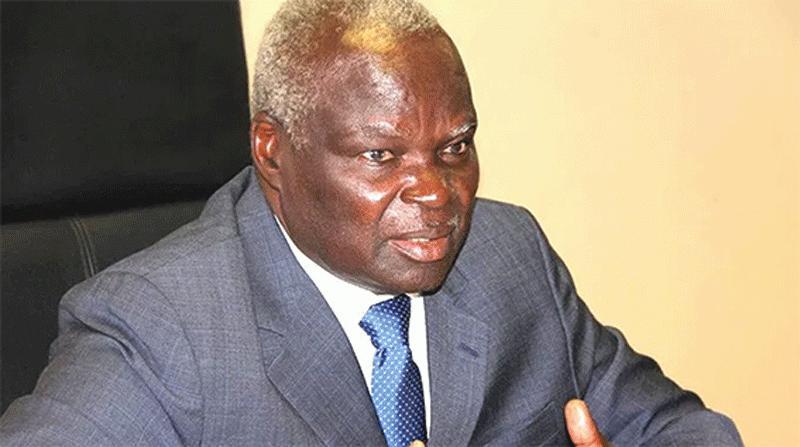Africa-Press – Zimbabwe. ZIMBABWE is seeking investment and technological partnerships with Japanese energy giants and government ministries to address the country’s immediate power crisis.
The country faces one of its worst power shortages in decades, with households and businesses enduring up to 18 hours of daily blackouts.
Ordinary citizens and businesses are turning to solar as the country struggles to generate enough electricity to meet demand.
Energy and Power Development minister July Moyo said the government sought to attract private capital from Japan to plug the gap as the power crisis has hampered economic growth and daily life.
Moyo made the call during his visit to Japan as part of President Emmerson Mnangagwa’s delegation to the Ninth Tokyo International Conference on African Development (TICAD 9).
The minister visited the facilities of major corporations like Toshiba and Hitachi Energy, focusing on their advanced power transmission and generation equipment to pitch opportunities in Zimbabwe’s energy sector.
“The biggest company we visited today was Hitachi Energy, where we saw their factories producing transformers, generators and transmission equipment,” Moyo said.
“They bought a company called ABB, which used to own a lot of equipment in Zimbabwe.
“Because of that, we think companies in Japan might want to co-operate with us, as well as smaller companies in solar energy.”
Moyo suggested that established Japanese companies could lower costs by setting up manufacturing bases in Zimbabwe.
Japanese financial institutions, like the Japan Bank for International Co-operation and JICA, have a history of providing loans for energy and infrastructure projects across Africa.
In a related matter, the Coalition for Market and Liberal Solutions (Comaliso) has called for the removal of value-added tax (VAT) on all solar energy products, arguing that the 15% tax undermines efforts to address the crippling electricity crisis.
“Comaliso applauds duty exemption, yet continued imposition of VAT hinders affordability of and accessibility to renewable energy, especially for vulnerable communities,” the organisation said in a statement.
Solar power is the most viable option for many households and businesses.
However, critics say the current tax structure placed the technologies beyond the reach of most citizens in a country where over 70% of the population lives below the poverty datum line.
The government’s current energy strategy includes plans for expanding solar capacity, but critics argue that maintaining VAT on solar products contradicts these objectives.
Zimbabwe requires an estimated US$2 billion in immediate investment to address its energy shortfall, according to World Bank assessments.
Solar industry leaders also called for the scrapping of the 15% VAT on solar products.
“The 15% VAT on solar products is fundamentally counterproductive to national energy security,” Myla Solutions founder Ben Harris said.
“Removing VAT would immediately reduce system costs by 15%, making solar accessible to thousands more Zimbabweans at precisely the time they need it most.”
For More News And Analysis About Zimbabwe Follow Africa-Press






